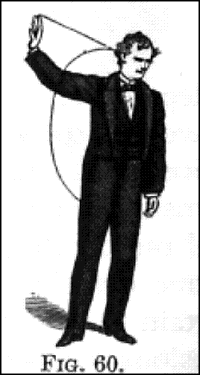Non-Judgmental
Listener

Our seer from the past, living in a simple place, with whitewashed walls, two chairs, a bottle of wine, a table --- perhaps even a golden bird to turn its head to watch what is transpiring with unblinking, bright eyes. "Of course," the sage says, "Of course it hurts. It goes around, going around, again and again. You aren't sure what you have lost," he says: "That may be the pain of it."
I can see the two of them now, see them seated at the edge of the dusty square or in the darkness at the side of the cathedral; along the great medieval wall, next to the quiet stream. A man listens patiently to a tale of suffering that we, as humans, seem to be capable of inflicting on ourselves, and on others. The quiet listener nods, making it easy to speak, to ease out the hurt, the birthing of agony. He is the midwife of freedom --- giving us the chance to escape what they used to call "the agenbite of inwit."
Et semel emissum volat irrevocabile verbum. Once the words take flight into the void, they need not return. Words carry the buzzard out, the buzzard that has been pecking so viciously at the soul for so long. The wound that we think can never be healed is, slowly, despite ourselves, ameliorated. It never goes away, entirely --- but it does get turned. It is like a great flawed jewel. There are other, angles from which we can view it, making it not so unendurable. The words pass, the pain parted a bit; the soul comes to feel lighter, raised out of the dark.
Bowen is right. We've been talking ourselves out of the worst of agon for æons, telling secrets to the one who understands, who cares, who will not judge. The feelings we have nursed are not futile, and they are not wrong --- but they can be transcended. The yielding in itself may cause anguish. It is part of the knowledge that we are surrendering to ourselves. That knowledge is magic. Painful it is, but, at the same time, magic.
A non-judgmental hearer, there to ease us out of the midnight of feelings, ease-us into freedom, with our own words. It is magic. Perhaps as special as the magic they say grew from the visions of Lourdes.
Carlos Amantea